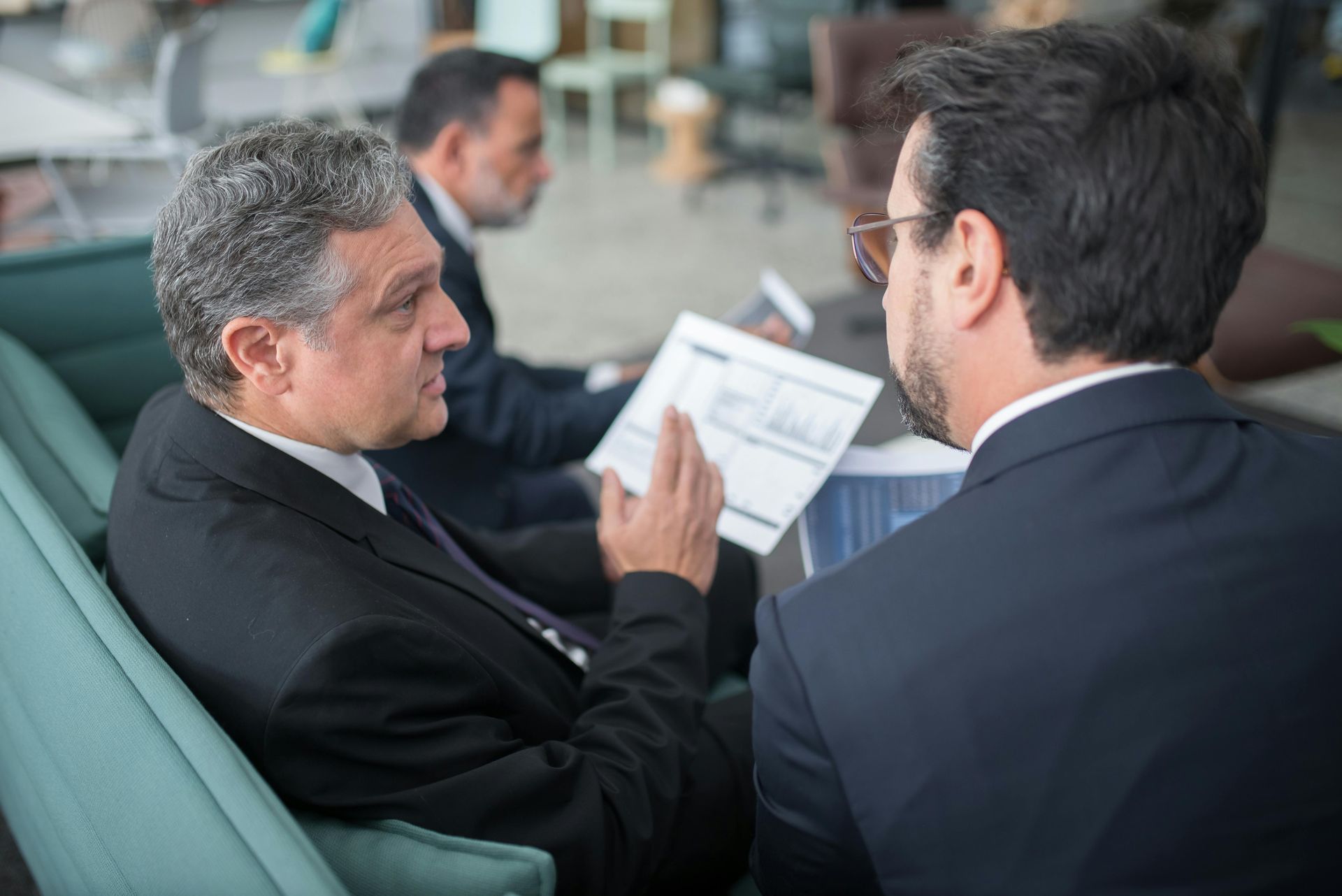GUEST BLOG: Rus Wellen (“The Deproliferator”)
Note:
Russ Wellen – who blogs elsewhere as “The Deproliferator” – responds to the comments about the Fissile Material Cutoff Treaty (FMCT) that Chris Ford made in the previous posting on this blog, in the March 2009 issue of Arms Control Today, and in a U.S. government paper on the subject in 2007.
Dear Dr. Ford,
In your Arms Control Today article " Five Plus Three: How to Have a Meaningful and Helpful Fissile Material Cutoff Treaty ,” you wrote:
"Today, U.S. government verification experts have apparently made enough headway in explaining their position that many CD delegations have conceded privately that effective verification is indeed impossible. This has not dimmed the enthusiasm of many of them for adopting some verification measures and for deeming even partial measures to be 'good enough.'"
In your New Paradigms piece [the previous entry in this blog] you write:
"… we could end up with an empty shell of a treaty that seems to meet an important global security need but in fact does not. "
Even a disarmament amateur like myself understands that if the "fissban" is expected to form a tripod with the CTBT and NPT, a sham version leaves one leg weak (two, if you count the restoration the NPT needs), with the whole structure at risk of collapsing.
In your 2007 State Department paper, " The United States and the Fissile Material Cutoff Treaty ,” you write of the U.S. draft FMCT:
"Fundamentally, all States Party … have a variety of means at their disposal for acquiring information and exercising independent judgment in making compliance assessment. No country should cede to others its power of independent judgment. Questions that arise should be addressed through consultations [and] any Party may bring compliance concerns to the attention of the other Parties. ... Finally, recourse to the United Nations Security Council would also be possible."
Again, bearing in mind that I'm an amateur, I have three questions (that might succeed in doing little more than exposing my tenuous grasp of these issues):
• First, the problem countries are North Korea, Iran, India, and Pakistan – with, ironically, the two NPT signatories among them even more troublesome than the non-signatories. Ambassador Masood Khan, Pakistan's permanent representative to the CD, once said, "[a] Fissile Material Treaty … which freezes or accentuates asymmetries, will accelerate, not arrest proliferation." How can nations like these be expected to sign on to a protocol with a voluntary or unmonitored elements such as independent judgment and consultations? Especially when many in the world think it's a ploy by the United States to guard its military secrets?
• Second, the pendulum seems to be swinging from the unilateralism and preference for self-policing that characterized the Bush administration back toward binding agreements and regulation. How could countries be convinced to sign on to the approach you advocate when it seems out of step – whether behind or ahead – with the times?
• Third, how would you sell the CD on confining the FCMT to the "five NPT nuclear-weapon states and the three non-NPT outliers," as you advocate in "Five Plus Three"?
Thank you.
Yours,
-- Russ Wellen
Russ Wellen
The Deproliferator
Scholars & Rogues
Co-moderator, Terralist
Contributor:
Newshoggers, Huffington Post
"Most people in the US, or for that matter Britain and France, have
forgotten that the NPT requires them to work for the destruction of all
nuclear weapons, including their own. ... Tehran is far from alone in
complaining that the NPT has become a device to preserve the nuclear
hegemony of the US and its allies."
– Philip Stevens









